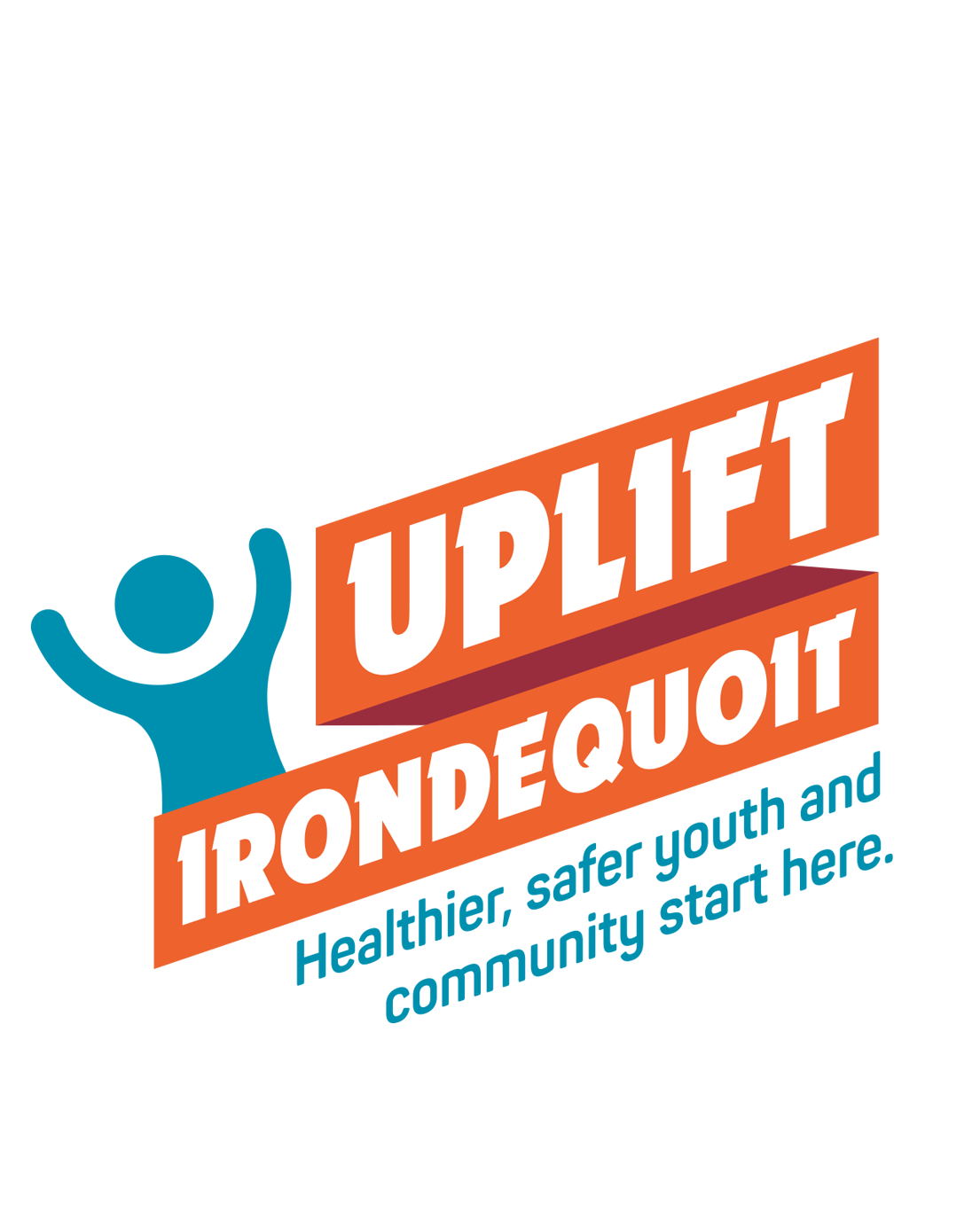
DEA Drug Take Back Day
Disposing of old meds and vapes…
is one of the easiest ways to make your home safer for your family. There are many ways to dispose of them, but one easy way is by dropping off your unused or expired medication at a DEA Drug Take Back location on….
Saturday, April 26th, 2025
10 AM - 2 PM
Stop by…
Irondequoit Police Department
1300 Titus Ave, Rochester, NY 14617
Narcan provided upon request!
Accepted Items:
Over-the-counter medication, prescription medication, and veterinary medication are all accepted.
E-Cigarette, Disposable Vapes, E-Juices/Liquids
Not Accepted Items:
Liquid medications
SHARPS
Other Ways to Dispose of Substances
Other Disposal Sites
If you can't make it to one of the sites above, check with your local police department, pharmacy, Wegmans or local community coalition to see if they do medication take-back events on the 29th or throughout the year. The DEA also has a list of registered sites that are participating in take-back day.
Monroe County Ecopark has a comprehensive list of locations where you can drop off your medications and e-cigarettes/vapes between Medication Take Back Days.

